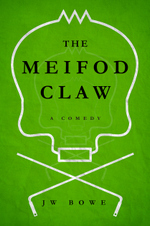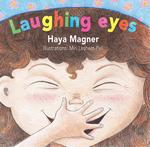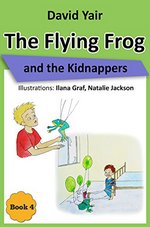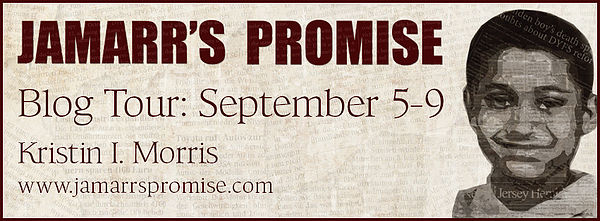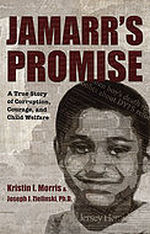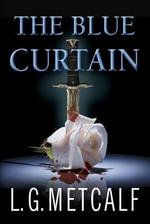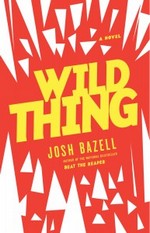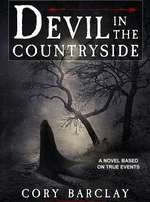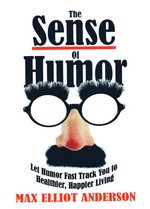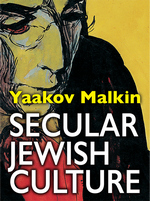 Secular Jewish Culture
Secular Jewish Culture
by Yaakov Malkin (Editor), Shmuel Sermoneta-Gertel (Translator)
Kindle Edition, 520 pg.
Library of Secular Judaism, 2017
Read: February 5 – March 30, 2018

I don’t know where the person who offered me this book found me, nor why they thought I’d like the book. Nor do I even remember what it was about this book that I thought sounded like it could be my cup of tea — but man, were we both wrong.
Which is not to say that this is a bad book, or an uninteresting book. But this is not the kind of thing I usually read or blog about — the typical secular Jewish writing around here is Jennifer Weiner or Hagit R. Oron. And the academically-oriented reading I usually do is definitely not the secular variety.
This is essentially a manifesto and apologetic for the study of Secular Jewish Culture as an academic discipline. The various authors definitively state what it is that Secular Jews believe, think, and cherish — which is far less diverse than say, CNN on-air talent, or members of my household. White largely set positively, on the whole much of this book defines Secular Jewish Culture by what it isn’t, and given that most people have a hard time separating the ethnicity from some form of the religion, that makes sense. But it doesn’t make for good reading.
Granted, it’s obvious from the outset that I’m not going to approach the Hebrew Scriptures from the same perspective as these authors, so it’s not surprising that I’d characterize almost all of their reactions to those scriptures as misreading the text — I can handle that, really. But some of the misreadings are so bad, and seemingly deliberately so, that I was frequently angered as I read them.
I had a long list of things I wanted to talk about, but I really can’t muster the interest — and I can’t imagine anyone reading this post will be able to, either — so I’ll just wrap things up.. It was generally a slog to read — but I can’t fault it for that, it’s not supposed to be a page-turner. It definitely set out to accomplish a few tasks, and on the whole, it succeeded. Except for making me want to read anything else from any of these authors. Did I like it? No. Is it a good book? Maybe? Probably? Are there many people that will think this book is a treasure? Yup, but I’m not one of them.
I honestly think this book deserves more stars than this, it’s a good book. But, I didn’t like it and this is my blog, so . . .
Disclaimer: I received this book in exchange for this post and my honest opinion, I appreciate the opportunity.
—–



